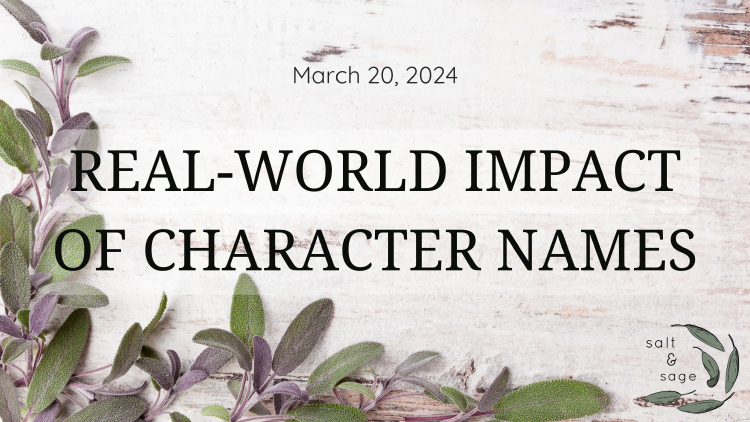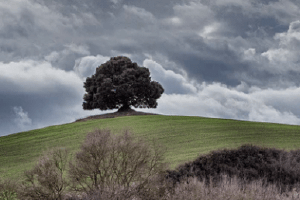“What’s in a name?” Roses, sweet smells, yada yada— but really, how do you decide what to name your characters?
Maybe you’re one of those authors whose characters spring forth fully formed from your head, à la Zeus. (Are you there, dad? It’s me, Athena.) Maybe you love names, scouring baby books for meaningful names; and maybe you hate naming your characters.
Regardless of how you come to it, we can all agree that what you name a character is important. It indicates where they’re from, their family, history, their location in space and time, and their heritage.
But when it comes to writing diverse characters, names have even more importance.
The Pronunciation Issue
We’ve all read a book where we had to look up how to pronounce one of the characters’ names. If you’re anything like me, those pronunciation guides often send you down a rabbit hole of why, and how, non-English languages work the way they do.
I’m sure you have all also seen conversations about how “nobody”* knows how to pronounce a certain actor or actress’s name, almost to the point that it’s become a joke (we’re looking at you, Saoirse).
*“Nobody” often means “white Americans”.
We’ve talked about this before on the blog (check out our last post), but having people refuse to learn your name because it’s too hard is dehumanization at its core. It’s 2024, y’all; we should all be far past that.
But when you include a name in your piece, and other people learn that name from reading or hearing? You are impacting the real live people with that real live name. They might actually be able to have someone recognize their name when they go to get coffee next time.
The “It’s a Real Name” Issue
In our podcast, Sachiko describes this as the “cost of having an exotic name.” The number of people who have told her over the years that her name isn’t real is astonishingly high. And while she has her own deeply rooted sense of self, it’s exhausting to have to defend her name again and again.
She puts it this way: “It’s okay to get somebody’s name wrong. But here’s what was not okay was when people would say, “Well, I can’t ever say that name. They would get upset. They were defensive, they were angry, they were offended. […] Somebody … spent 20 minutes telling me how impossible my name is and how funny it is and how silly it is when they try to pronounce it, the ridiculous things that would come out of their mouth. What a joke my name is! […] It means that whenever I introduce myself, I have a split-second sweaty moment where I’m like, ‘Ok, do I tell them what my friends call me? Or do I give them my government name?’”
We discuss it at length on the podcast episode, but the point is this: the names that you choose to include in your book are going to have a real-world impact on the real-world people who have that name. It’s important to be intentional about it.
On top of that, you have the opportunity to model to your readers what it looks like to be inclusive and welcoming when it comes to names they’re unfamiliar with.
Is it silly that people take characters more seriously than they do real humans? Absolutely. But that doesn’t discount the ability that you have to cause a ripple effect amongst real people.
The Impact Is Real
It might seem like a relatively small thing to name your character with intentionality, but it isn’t. Not only does it ground your character more firmly in their culture and world, it also has ripple effects in our world, too.
It’s the whole foundation that Salt and Sage Books is built on: the stories we tell are deeply important. The characters we include have real-world impacts. We truly cannot underestimate how powerful your stories can be.
So name your characters intentionally. If you need some help, one of our sensitivity readers would absolutely love to be on your name brainstorm team.
Join the Conversation
To delve deeper into this topic, listen to our podcast episode where we explore the significance of character names in storytelling—and how those stories have impacted us.
















